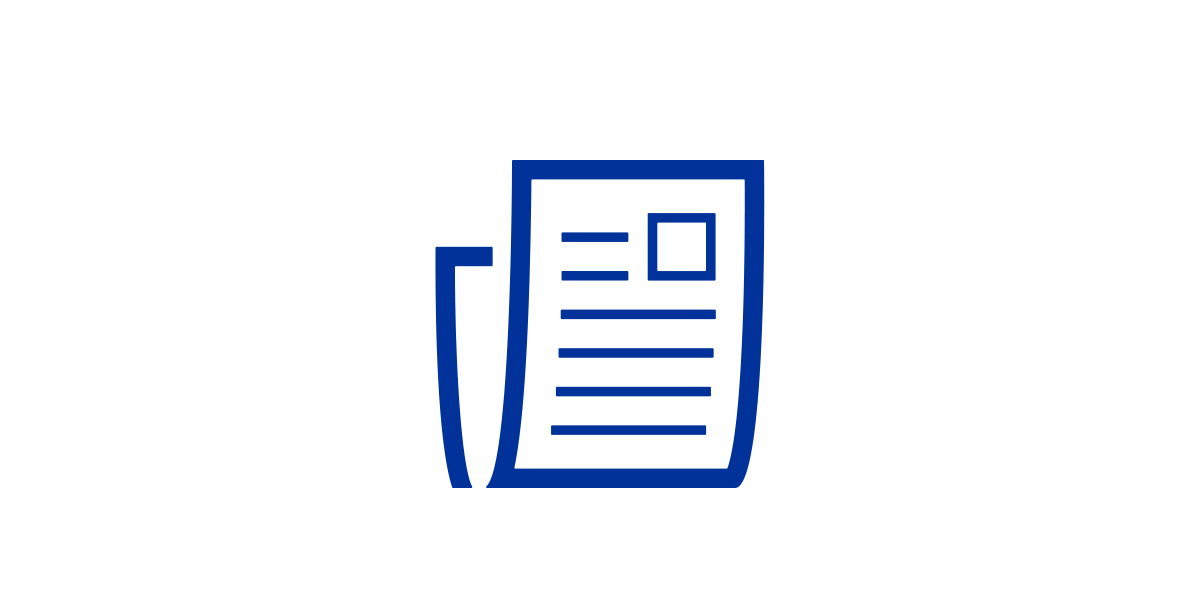Maroc : signature d’un contrat de financement de 85 millions d’euros pour accélérer la digitalisation des infrastructures de transport autoroutières

- La BEI et la société Société Nationale des Autoroutes du Maroc (ADM) annoncent la signature d’un contrat de financement de 85 millions d’euros (environ 925 millions de dirhams) pour accélérer la transformation digitale des infrastructures de transport autoroutières
- Ce financement contribuera à améliorer la fluidité du trafic et la sécurité des utilisateurs par le développement des télépéages et des paiements numériques
- Le déploiement d’un nouveau système de suivi et de gestion du trafic en temps réel permettra d’optimiser les conditions de circulation sur les 1800 km du réseau autoroutier
La Banque européenne d’investissement (BEI) et la Société Nationale des Autoroutes du Maroc (ADM), chargée de construire, exploiter et entretenir les autoroutes du Maroc, ont annoncé la conclusion d’un contrat de financement de 85 millions d’euros (environ 925 millions de dirhams) pour accélérer la digitalisation des infrastructures de transport autoroutières dans le pays. Ce projet contribuera à améliorer la fluidité du trafic à travers la digitalisation des systèmes de paiement et l’installation de systèmes de télépéage. Il contribuera à réduire les coûts et le temps de voyage et renforcera la sécurité des utilisateurs tout en offrant de nouveaux services personnalisables. Cette opération prévoit également le déploiement d’un système de suivi et de gestion du trafic qui donnera accès en temps réel aux conditions de circulation sur l’ensemble du réseau autoroutier.
Ce financement permet à ADM d’accélérer sa transformation digitale et de préparer la relance économique dans un contexte marqué par l’augmentation constante du nombre de véhicules en circulation. La modernisation et l’extension du système existant de télépéage permettra d’optimiser la collecte des redevances des utilisateurs. Ainsi, ces nouvelles infrastructures compenseront en partie la perte de liquidités causée par la crise sanitaire et permettront de réduire le nombre de fraudes au péage. Par ailleurs, cette opération aura un impact environnemental positif en contribuant à réduire la pollution générée par les arrêts au niveau des voies de péage manuelles.
Partenaire historique de la BEI au Maroc, ADM gère le deuxième plus grand réseau autoroutier d’Afrique, avec près de 1800 km de routes. Avec ce financement, la Banque soutient la mise en œuvre d’un programme d’investissement stratégique pour la digitalisation des opérations d’ADM favorisant une mobilité accrue des personnes, des marchandises et des services dans le pays. Cet appui aura un impact direct sur l’efficacité opérationnelle d’ADM, tant au niveau de la collecte des redevances que de l’empreinte environnementale des stations de péage. Au total plus de 6000 emplois devraient être créées durant la phase de mise en œuvre du projet.
Cet appui de la BEI fait partie de la réponse Covid-19 de la Banque et du programme Team Europe en soutien au secteur des transports, l’un des plus impactés par la crise sanitaire. En effet, le montant du prêt couvre à titre exceptionnel jusqu’à 83,6% du coût total du projet, en principe limité à 50% par les statuts de la Banque, et cela conformément à la mesure d’urgence opérationnelle prise en Avril 2020. Ce financement entre par ailleurs dans le cadre du mandat de prêt extérieur (ELM) de l’Union européenne pour la période 2021-2027.
Madame Claudia Wiedey, Ambassadrice de l’Union européenne au Maroc a ainsi déclaré : « Je suis ravie d’assister à la signature de ce projet entre la Société Nationale des Autoroutes du Maroc et la Banque européenne d’investissement. La transition verte devrait être la feuille de route pour la reprise post-covid19. La digitalisation des autoroutes répond à un des axes de cette transition. La numérisation, les transports propres et l’innovation au cœur des efforts de relance socio-économique, devraient ouvrir de nouvelles voies pour la création de sociétés résilientes après la pandémie tant au Maroc qu’au sein de l’UE. »
« Je suis très heureux d’annoncer ce nouveau financement avec la Société Nationale des Autoroutes du Maroc avec laquelle nous avons un partenariat de grande qualité depuis plus de 25 ans. Ce projet a une importance stratégique pour le Maroc et les Marocains car il s’agit d’un vaste programme de modernisation et de renforcement des 1800 km du réseau autoroutier du pays » a déclaré Monsieur Ricardo Mourinho Félix, Vice-Président de la BEI responsable des financements au Maroc. Et d’ajouter : « Cette opération permettra d’améliorer la qualité de l’infrastructure autoroutière et la sécurité pour ses usagers. De surcroit, elle est en parfaite adéquation avec les priorités nationales du Maroc dans le domaine numérique et contribuera au développement économique comme à la création d’emplois ».
« La BEI est un partenaire de premier rang qui nous accompagne sur plusieurs projets d’investissement. D’ailleurs nous ne sommes pas surpris que la BEI ait choisi de nous accompagner également dans un domaine aussi stratégique qu’est la digitalisation pour améliorer la sécurité autoroutière et assurer la fluidité du trafic. Nous en sommes fiers ! » a déclaré Monsieur Anouar Benazzouz, Directeur Général d’ADM.
La Société Nationale des Autoroutes du Maroc (ADM) est le concessionnaire de l’Etat marocain chargé de la construction, l’exploitation et l’entretien des autoroutes du pays. ADM a réalisé, depuis sa création en 1989, un réseau autoroutier long de 1800 km, deuxième plus grand réseau d’autoroute en Afrique après l’Afrique du Sud.
Depuis 2016, ADM a entamé la mise en œuvre d’une stratégie de transformation globale, qui s’articule autour de deux axes prioritaires : la satisfaction du client et la performance financière. L’objectif étant de moderniser son activité d’exploitation pour faire d’ADM une entreprise performante, à la pointe de la technologie, tout en assurant la pérennité de l’entreprise en redressant ses indicateurs financiers et ses fondamentaux pour la mettre sur le chemin de la profitabilité.


